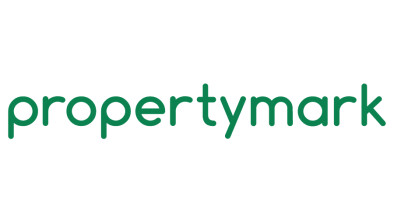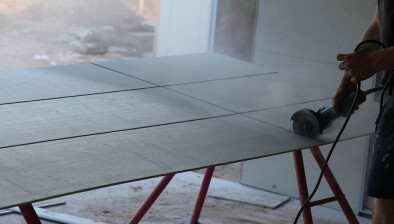Propertymark raises concerns about Additional Dwelling Supplement
Propertymark’s Daryl McIntosh has raised concerns that Scotland’s Additional Dwelling Supplement is “inhibiting and skewing investment” in the private rented sector.

Daryl McIntosh
The Scottish Government has opened a consultation on its Land and Buildings Transaction Tax (LBTT), but Propertymark has said the Additional Dwelling Supplement (ADS) is stifling a huge proportion of investors.
Introduced in 2017 at 3% for those acquiring additional properties such as buy to let investments or second homes, ADS was raised to 4% effective after 25 January 2019. However, full relief from ADS is applicable where six or more properties are purchased in a single transaction.
In a response to the government, Propertymark’s policy manager, Edinburgh-based Daryl McIntosh has raised concerns over “skewed” investment to the lower end of the market.
Mr McinTosh argued: “Whilst the current system may encourage professional and corporate investment, it does not enable the entry of individual private landlords into the sector, and since 94%of registered landlords in Scotland hold a single property, the importance of sustaining individual investment is monumental.”
In its response to the consultation, Propertymark has suggested the Scottish Government should further review the ADS by introducing a tapered system.
Under its proposal, the full rate would be levied on the purchase of one additional property, but two properties in a single transaction would be subject to an ADS liability of three per cent; three properties subject to ADS at 2%; 4% or 5% properties subject to ADS at 1%; and six or more liable for full relief from ADS.
Propertymark argues this change would stimulate investment in the sector and help to rectify the imbalance between supply of and demand for private rented property.






